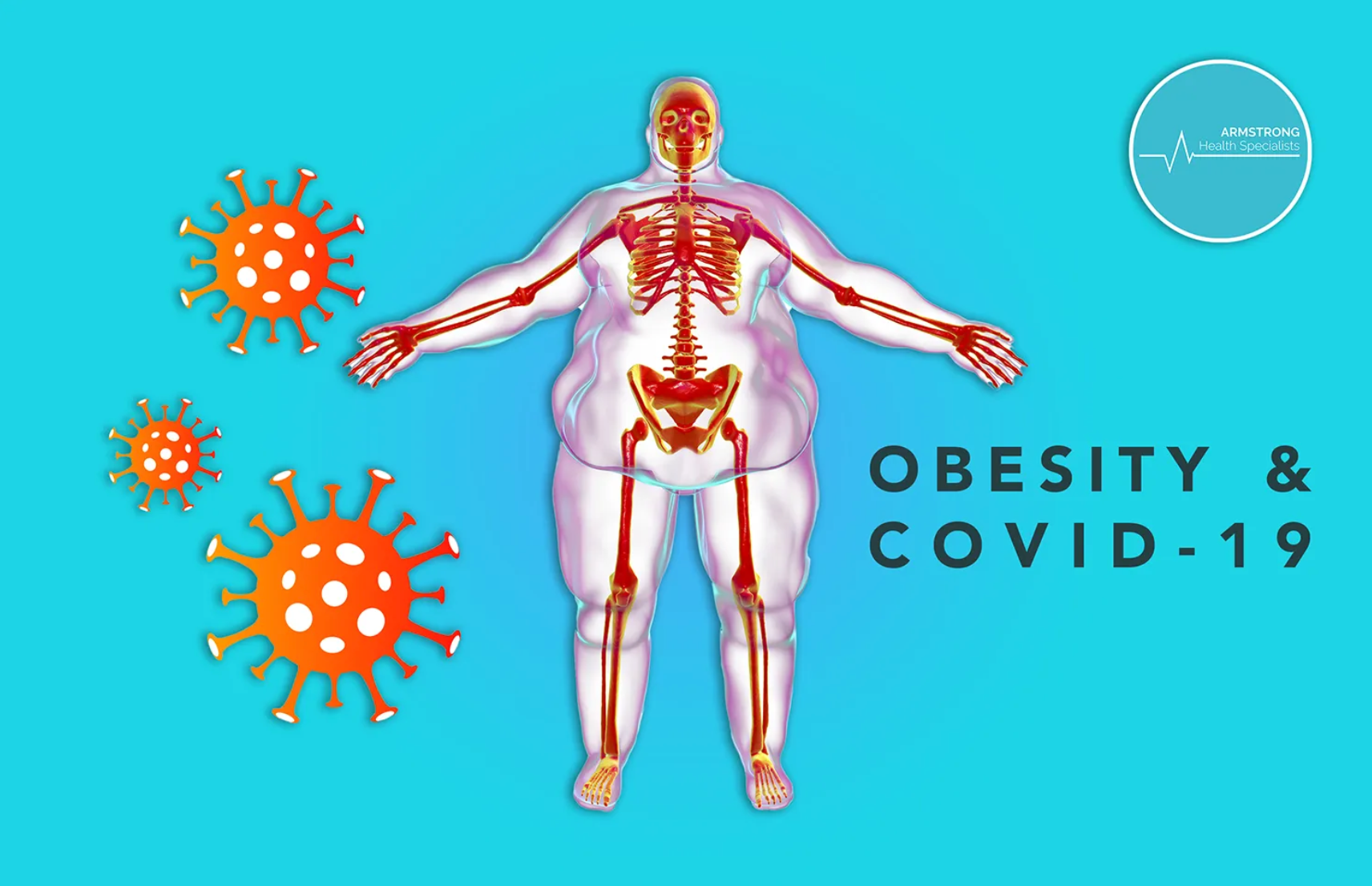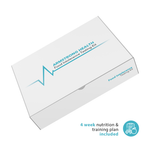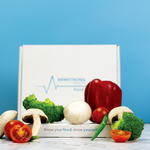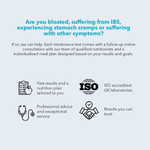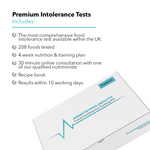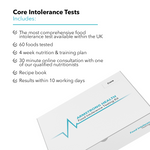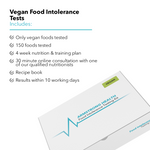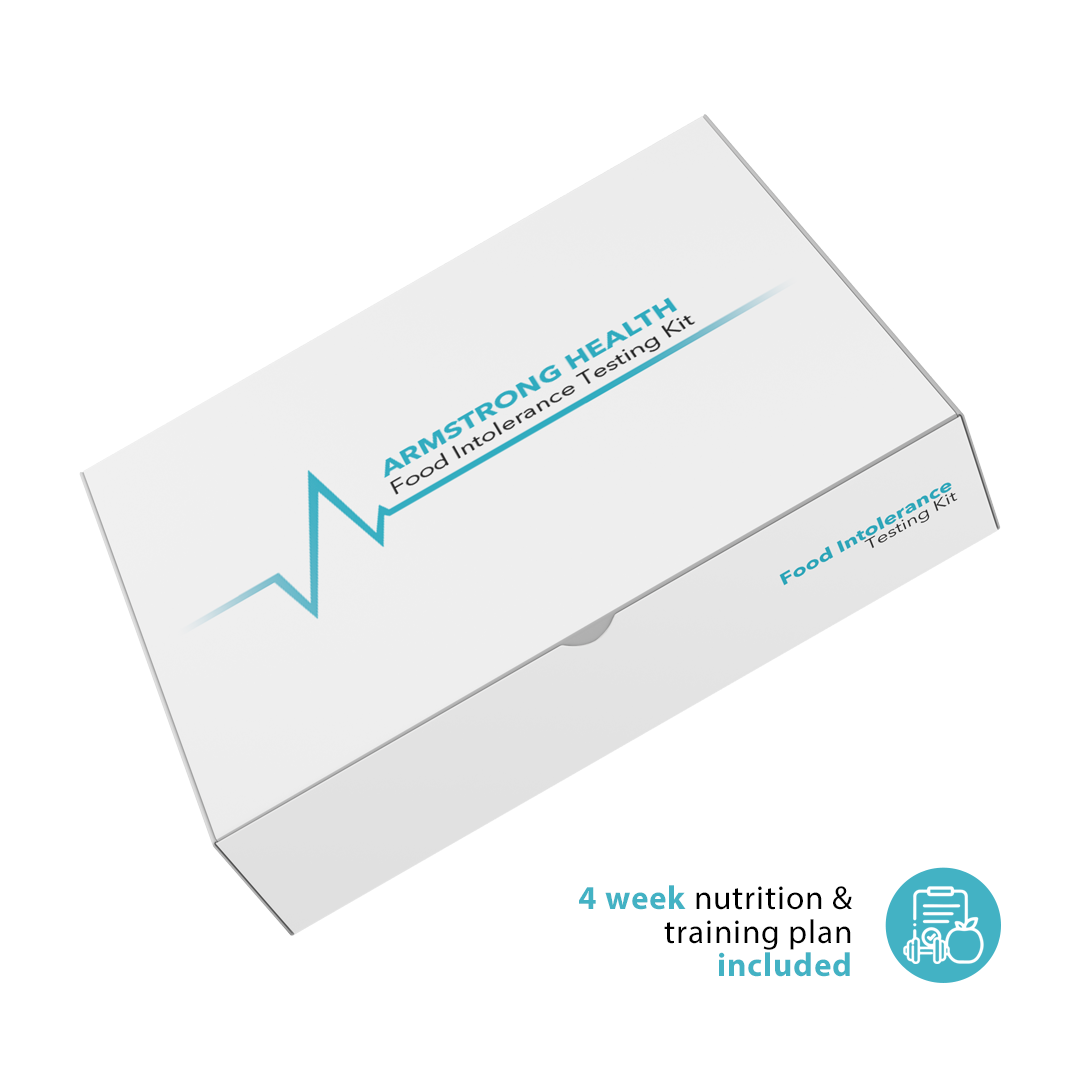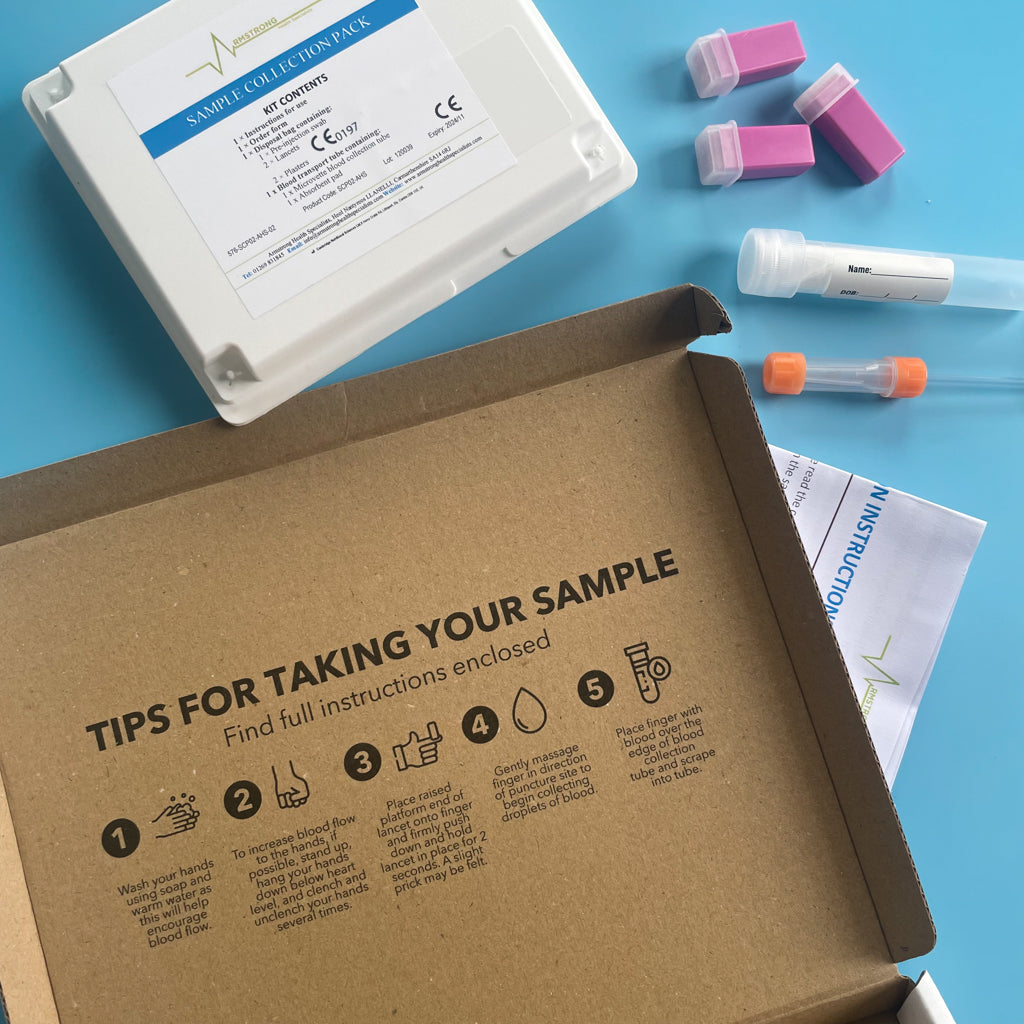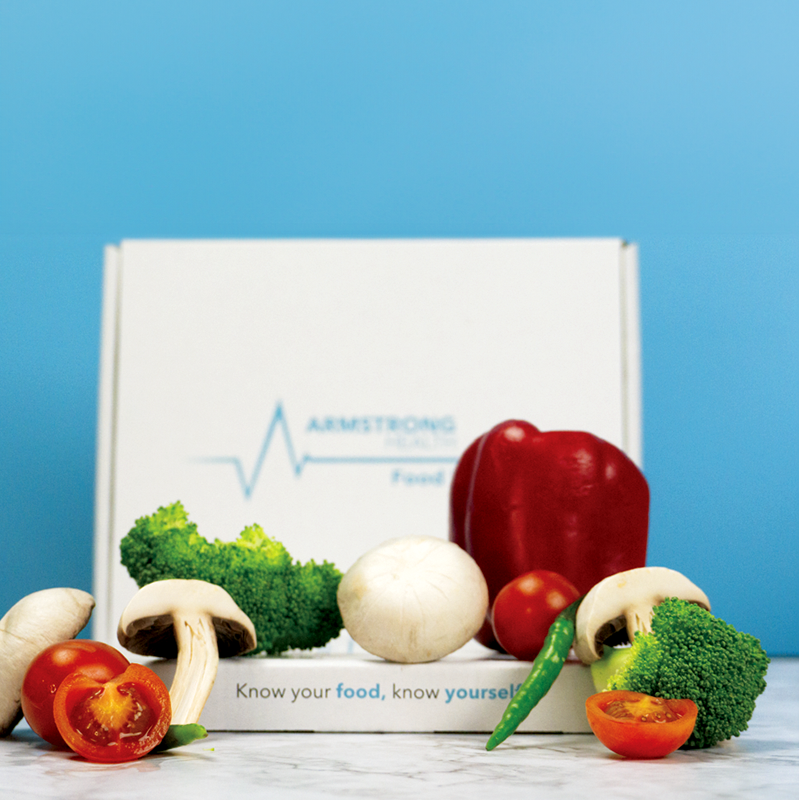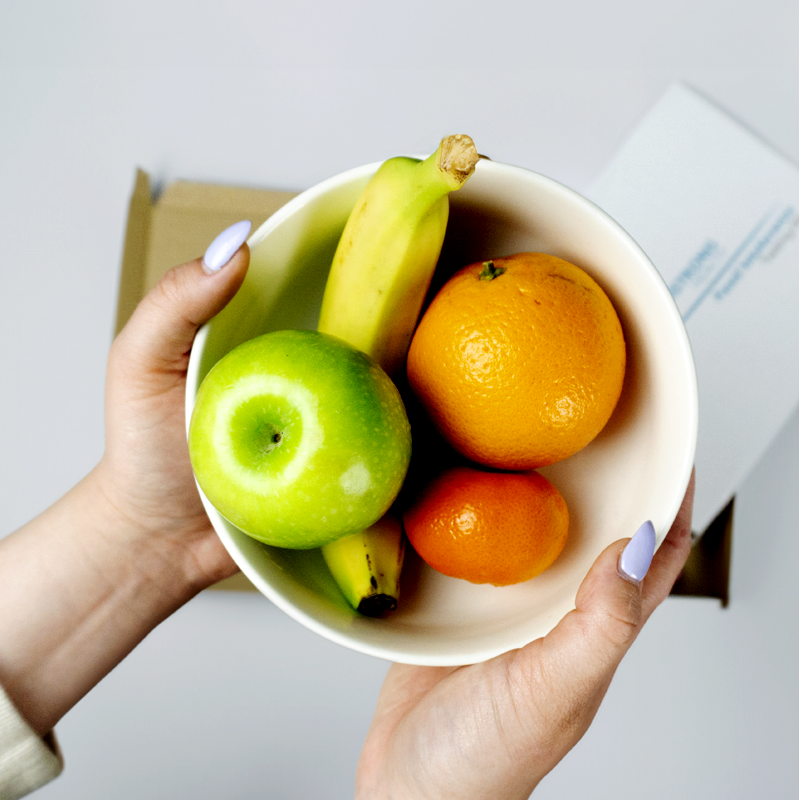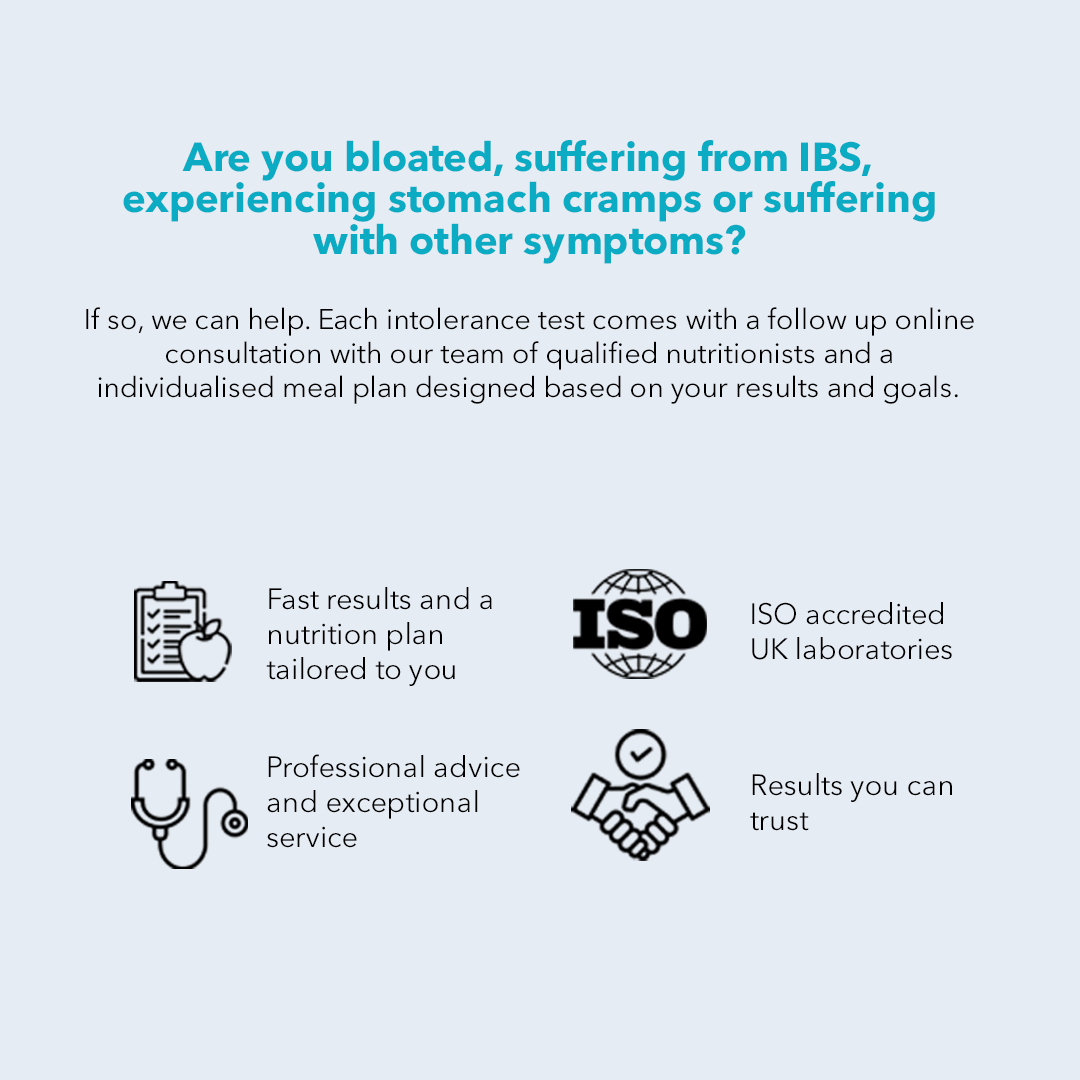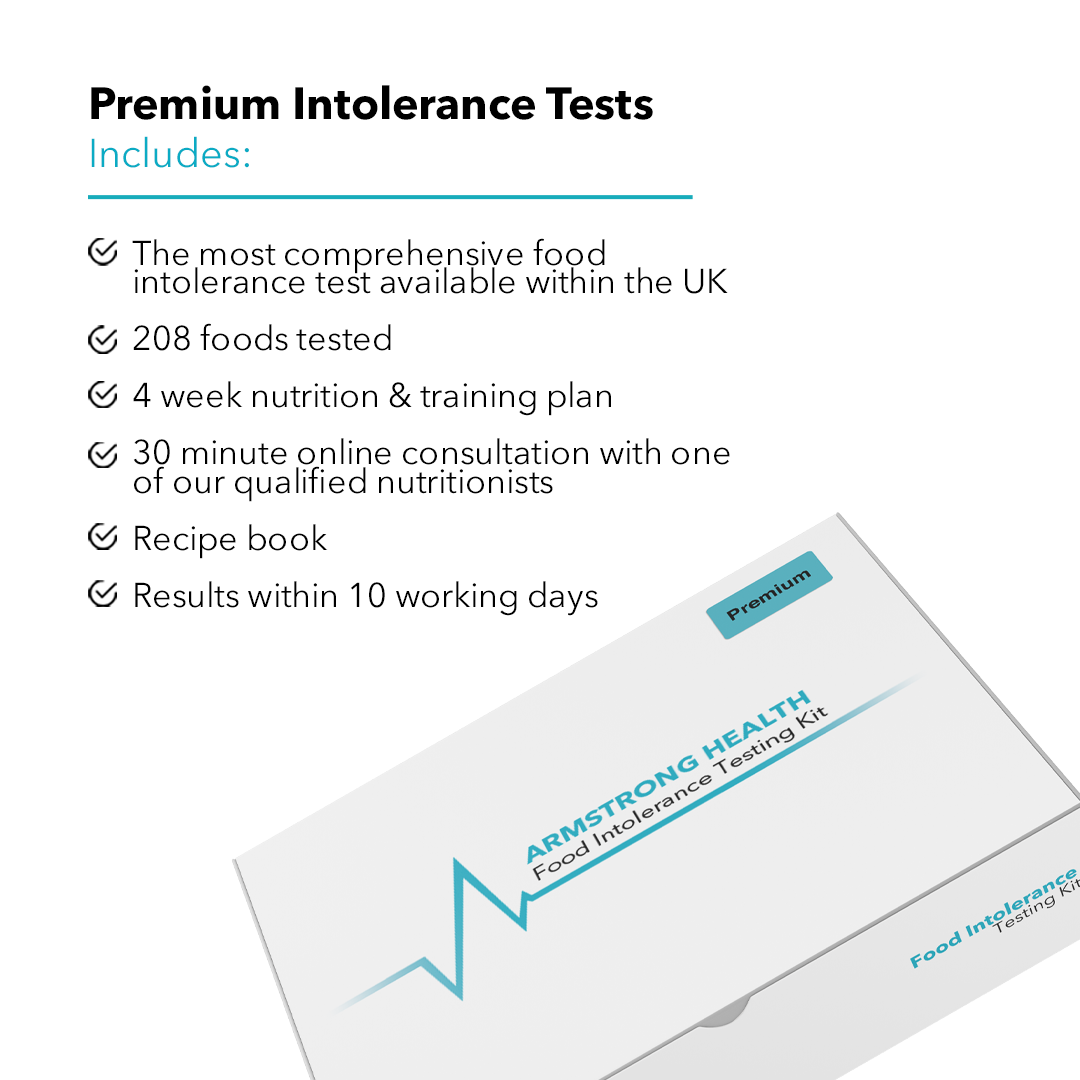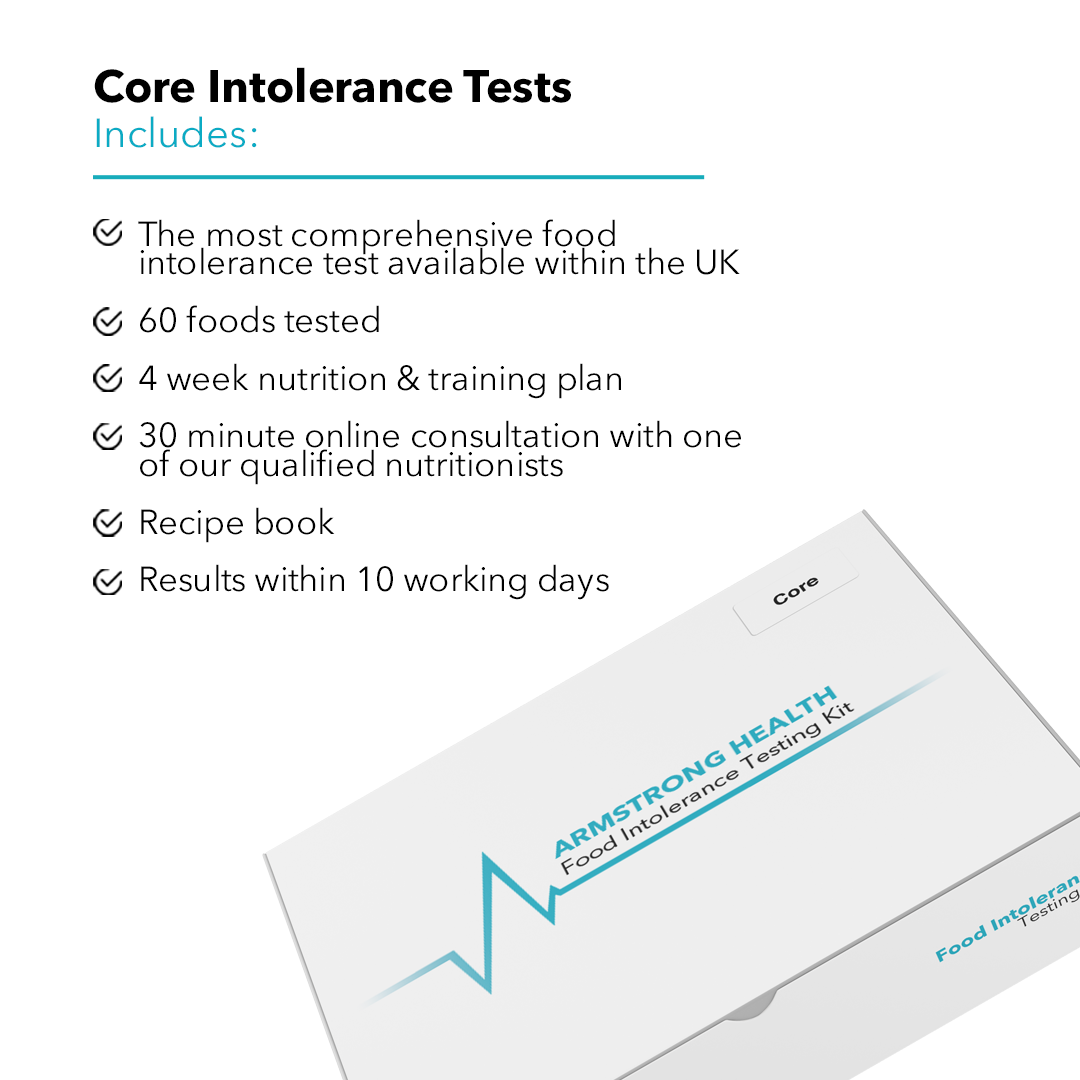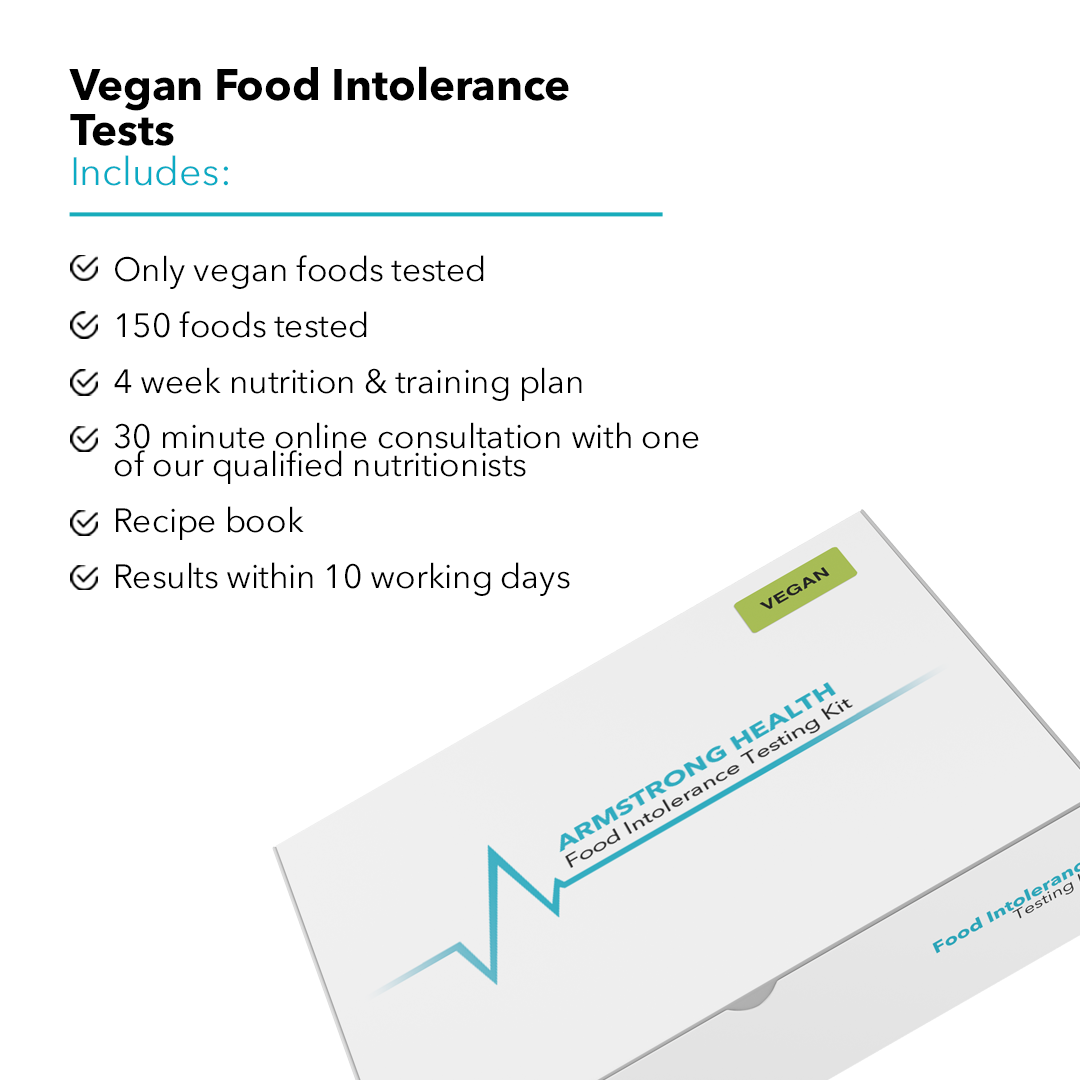According to the Centre for Disease Control and Prevention, obesity-related conditions seem to worsen the effect of COVID-19.
They have also suggested that a high percentage of the population that have a BMI that’s over 25 will be of significantly more risk of contracting the virus.
In addition to early quarantine and early testing, it has been shown that dietary habits may have a significant effect on lowering death rates from Covid-19.
During the lockdown period, individuals have been advised to stay at home, which has resulted in a huge decrease in physical activity.
In addition to this, we have seen a surge in binge eating and drinking.
Research has also shown that due to self-isolation and certain foods not being readily available, many have relied on processed foods and canned products, which contain a higher quantity of sugar and sodium. In turn, this is not good for your waistline!
Some studies have reported that individuals that are under 60 years of age and that are obese were twice as likely to contract coronavirus. One such hypothesis has suggested that obese individuals are more at risk due to their immune system being busy trying to repair inflammation caused by carrying excess fat.
Further studies have indicated a high frequency of obese patients that have been admitted to Intensive Care Units with the virus and requiring invasive mechanical ventilation, and that the severity of the disease seems to increase with their BMI.
When it comes to diet, it has been suggested that foods high in resveratrol, such as blueberries, raspberries, and cocoa, can potentially play a role in reducing MERS- Coronavirus infection.
On the other hand, regions that consume a fat-rich diet have seen higher contamination rates. Diets that are high in foods that have potent antioxidants or anti ACE activity, such as uncooked or fermented cabbage and milk products, are largely consumed in low death rate European countries.
It has also been suggested that rural areas in European counties have been able to better tolerate the Covid-19 pandemic due to them having a short supply chain. It appears that being close to the source of freshly grown, organic products is much healthier, providing a greater immune response.
Summary.
While It is important to note that research into diet and Covid-19 is at its very early stages, the following trends appear to be forming when trying to fully understand the role of nutrition in fighting this pandemic.
Fresh, organic products (meats, fruits, vegetables and grains) are a better choice
Decrease the amount of processed foods you eat
Decrease the amount of high sugar foods and drinks you consume (including alcohol)
As you can see, these trends are in line with a healthy diet that, when combined with exercise, forms a healthy lifestyle that not only increases your chance of fighting off COVID-19, but a wide range of other viruses and diseases too.
So, in conclusion, now more than ever is the perfect time to start being healthy. Try to increase your daily exercise and make sure your diet is consistent. This will help strengthen your immune system and get you fit and healthy.
Research source:
Is diet partly responsible for differences in COVID-19 death rates between and within countries?
Bousquet, J., Anto, J.M., Iaccarino, G. et al.
https://ctajournal.biomedcentral.com/articles/10.1186/s13601-020-00323-0

